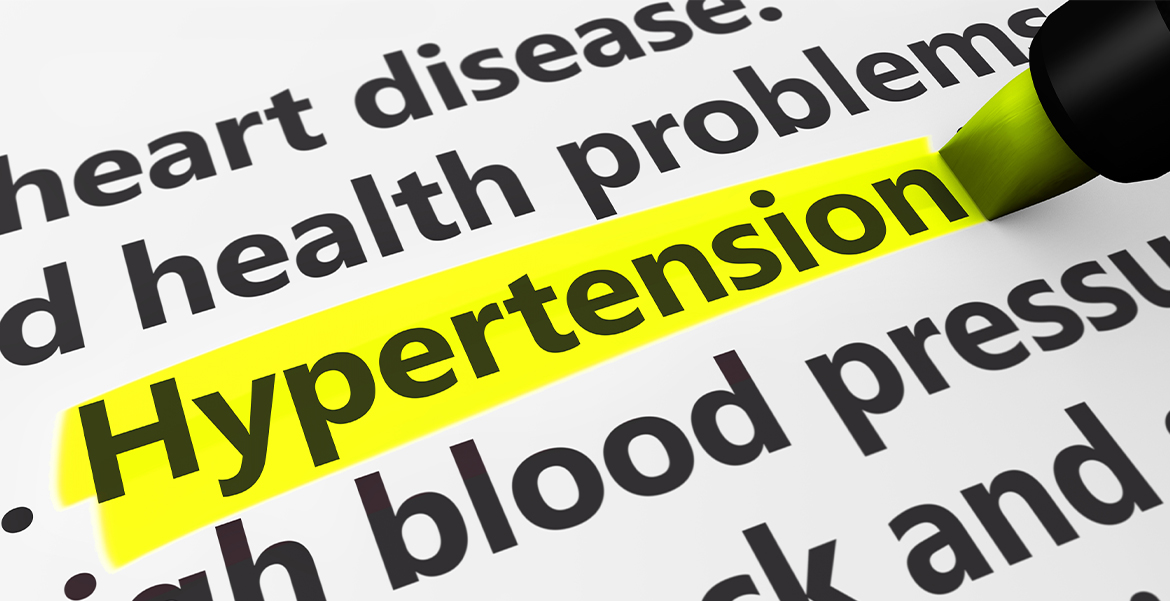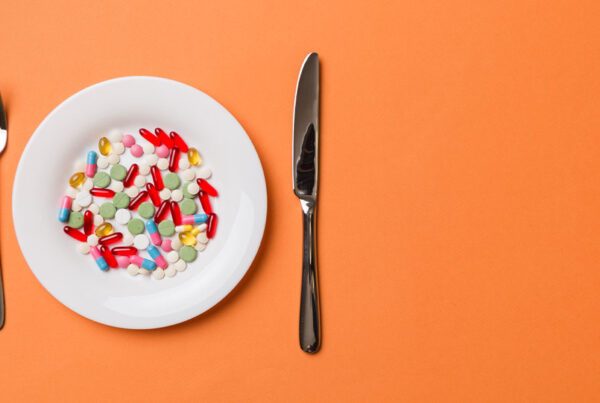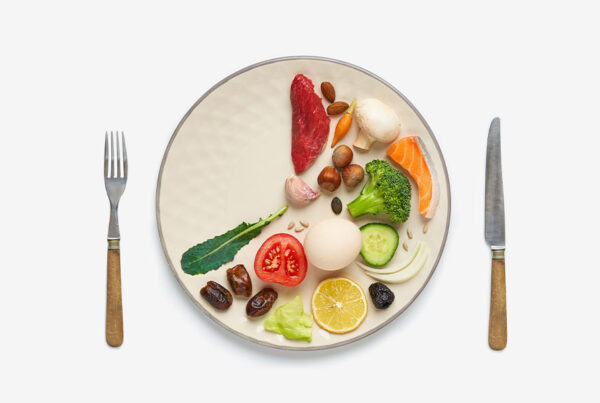Managing Hypertension with the right Nutrition
Blood pressure is the pressure of blood pushing against the arteries which are the major blood vessels in the body. Hypertension is when the pressure of the blood is too high.
According to WHO, blood pressure is written as two numbers. The first (systolic) number represents the pressure in blood vessels when the heart contracts or beats. The second (diastolic) number represents the pressure in the vessels when the heart rests between beats.
Hypertension is diagnosed by being measured on two different days, the systolic blood pressure readings on both days is ≥140 mmHg and/or the diastolic blood pressure readings on both days is 90 mmHg.
Uncontrolled high blood pressure can cause complications such as, stroke, heart attack, aneurysm and can affect kidney function, etc.
Risk factors for hypertension:
● Family/ genetic history
● Age
● Uncontrolled diabetes
● Unhealthy diet- high in salt, refined or processed food items, low in fruits and veggies
● Obesity
● Physical inactivity
● Chronic alcohol drinking
● Tobacco smoking
● Stress
Signs of symptoms of high blood pressure:
Few people with high blood pressure might notice headaches, shortness of breath, and nosebleeds. Most people do not experience any signs and symptoms until the blood pressure is reached to a severe stage.
How to manage high blood pressure with diet/ nutrition:
● One way to keep your blood pressure in check is following DASH diet which involves eating more amount of fruits and vegetables, to cut back on foods that are high in saturated fat, cholesterol, trans fats, eating more whole-grain foods, fish, poultry, and nuts, limiting sodium, sweets, sugary drinks, and red meats.
● Read the food label and do not take foods that contain high sodium.
● Make sure that you eat at least 3-4 cups of fresh, seasonal, low in glycemic index vegetables every day.
● Consider eating potassium rich foods as they can help in balancing the extra sodium in our body. Fruits, veggies, nuts and seeds, and whole grains are very good sources of potassium.
● Avoid using extra table salt.
● During meal time, make sure that half of your plate is filled with non-starchy veggies/ greens; the quarter of other half to be filled with healthy fat and protein such as eggs, oily fish etc; the other quarter can have a fermented food product such as yogurt and a very small portion of whole grain such as quinoa, millets etc.
● Choose healthy fats, including omega-3 fatty acids, such as those found in fish, avocado and walnuts, other nuts and seeds. They are also considered anti-inflammatory.
● Select proteins such as fish, grass fed lean meats, eggs, nuts, seeds, lentils and legumes.
● Use different and plenty of herbs and spices in your diet wherever possible. Like ginger, garlic, turmeric, oregano, thyme etc. These might help reduce the inflammation in the body.
● Go organic. That means your exposure to herbicides, pesticides, fertilizers and synthetic additives is limited.
● Monitor your blood pressure regularly.
Avoid:
● Avoid foods high in sodium like- processed foods such as hot dogs, sausage, canned soups; pickled or marinated foods, snack foods such as chips, pretzels etc.
● Avoid sugar, refined or processed foods at all times.
● Avoid drinking too much caffeine.
● Keep yourself away from processed meat and aerated beverages.
● Keep away from alcohol and cigarette smoking.
Other important tips:
● Be physically active- Talk to your doctor/ health care professional and discuss an exercise plan specifically suitable for you. In general, most adults should get at least 150 minutes a week of moderate aerobic activity. Aim for about 30 minutes of moderate aerobic activity a day on most days of the week.
● Maintain a healthy weight.
● Sleep well.
● Try to keep stress at bay.
References:
https://www.ncbi.nlm.nih.gov/pmc/articles/PMC4366416/
Tags: Managing Hypertension, blood pressure with Diet/ Nutrition, systolic blood pressure, 140 mmHg and/or diastolic blood pressure readings ≥90 mmHg, Uncontrolled high blood pressure , complications, stroke, heart attack, aneurysm, can affect kidney function, Risk factors for hypertension, Signs of symptoms of high blood pressure, How to manage high blood pressure with diet/ nutrition, following DASH diet, involves, fruits and veggies, to cut back on foods that are high in saturated fat, Read the food label, consider eating, Choose healthy fats, Use different and plenty of herbs and spices, Go organic, Monitor your blood pressure, Avoid foods high in sodium, Avoid sugar, refined or processed foods, Avoid drinking too much of caffeine, Other important tips, Be physically active, Maintain a healthy weight, Sleep well, Try to keep stress at bay.









